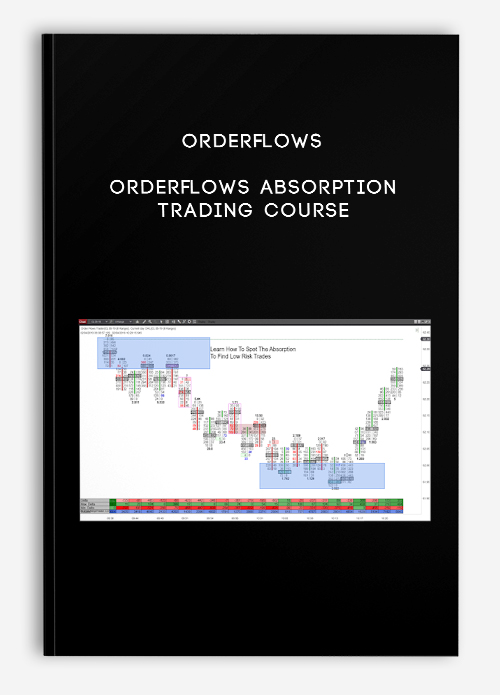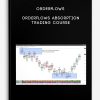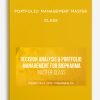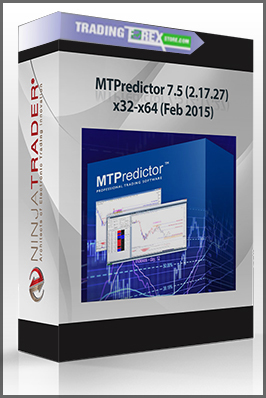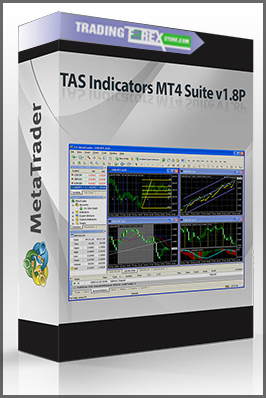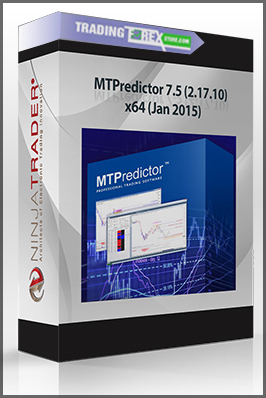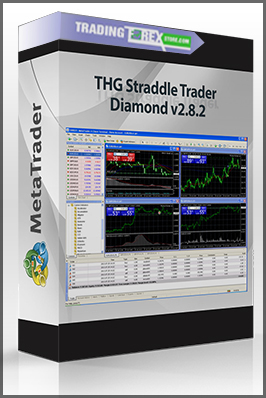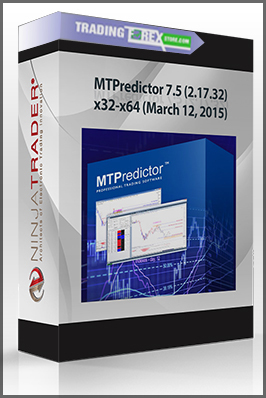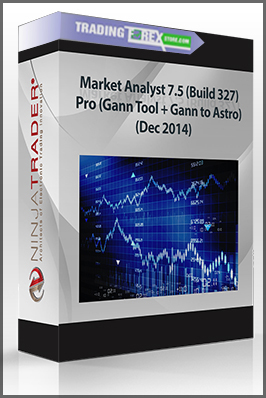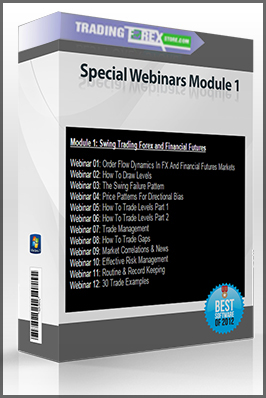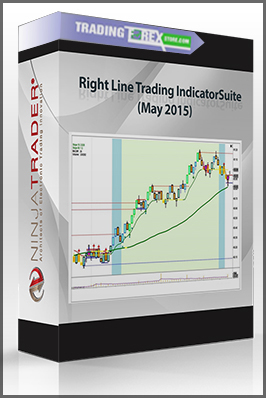Orderflows – Orderflows Absorption Trading Course
Original price was: $199.00.$39.00Current price is: $39.00.
Product Include:
File size:
- Description
Description
Orderflows – Orderflows Absorption Trading Course
**More information:
Get Orderflows – Orderflows Absorption Trading Course at bestoftrader.com
Description
- Why volume matters and how to read it.
- Recognizing absorption and how to trade it.
- Determining when the market is accumulating or distributing.
- How large traders trade differently than small traders.
- How highs and lows that hold are made.
- Understand why the market comes back to a level and that level holds.
- Learn different volume / absorption trade setups.
- And much, much more…
- 7 Videos you can watch online or download to your computer.
- PDFs to each lesson you can download and print out to write notes on.
- Everything is explained so clearly in the videos so that you can get started understanding volume as quickly as possible.
Take a look for yourself!
My name is Michael Valtos and I spent 20 years, my entire professional trading career, as an institutional trader at the highest level. JP Morgan, Cargill, Commerzbank, EDF Man and Dean Witter.
The most important thing I learned was how to move size without moving the market, if possible.
When I was selling I needed to sell at a good price without broadcasting what I was doing to the entire market. If I was buying I needed to get as much of a position on as possible before other traders realized I was buying and would follow suit causing the market to rally and me getting a worse fill.
Often times that meant buying when others were selling or selling when others were buying. Who were the others most of the time? The retail traders and small traders. When you hear about trapped traders, you only hear about it from the retail trading world because they are the ones that are getting trapped – repeatedly.
I created the Orderflows Absorption Course to give you the insight into how the long term institutional traders trade so that you know what to watch out for so you don’t get stuck in a bad position and so that you can also start to think more like a professional trader and less like a retail trader that hangs out on internet forums taking advice from anonymous traders hiding behind screen names who most likely never traded or traded successfully.
Just Stop!
Stop believing in useless products and stop investing in them. There is NO mystery system, there’s NO magic bullet, there’s NO secret method!
The fact is everyone who is successful in trading has learned how to trade.
One piece of advice given to me very early in my career was to “learn it, if you don’t know it.”
The Orderflows Absorption Course consists of 7 video modules and PDF files that you can download and print out to write your notes on.
Module 1: What is absorption and why it matters. In this module I explain absorption which is one of the most important concepts in order flow analysis that not many traders understand or know how to recognize. It through the foundations of order flow delta, imbalances and point of control that a trader can know when absorption occurs.
Module 2: Understanding the players. In this module you will learn how different players trade in different market situations. I explain how big traders trade highs and lows differently and how you can take advantage of it.
Module 3: Recognizing absorption. In this module you will learn how to recognize when absorption is really occurring and how to see it in the order flow. Markets often make very strong moves after absorption occurs and knowing how to spot it will improve your trading.
Module 4: Accumulation and distribution. In this module you will learn how to determine if the market is in accumulation mode or distribution mode. I explain the difference and the importance between absorption and accumulation/distribution.
Module 5: Reversals vs continuation. In this module you will learn how to spot the differences in the order flow by recognizing when absorption is occur to find turning points in the market or to confirm when a strong trend is underway and being supported by institutional trading.
Module 6: Absorption trade setups. In this module you will learn 6 different absorption trade setups that you can add to your trading arsenal and build trading plans around.
Module 7: Putting it all together. In this module you will learn how to put all the pieces together to make sense of the market, its participants and why moves happen.
Absorption is not difficult to understand but is not even looked at by many traders. Most traders focus only on price and the few that even use volume relegate it to the bottom of the analysis pile. I will show you how analyze volume in relative terms to easily understand market activity.
Volume, by itself means very little. That would be like asking someone how tall they are. Without taking their height in context to other people, it doesn’t mean much. But compare it to a room full of people and you can determine if they are tall, average or short. Volume is the same way, without context, you can’t really do much with volume, but once you start taking it in context and make comparisons you start to see some very interesting things.
Once a trader understands and knows how to trade absorption, their view of the market will become clear and into focus so that the trades they make become more accurate and take less risk.
Forex Trading – Foreign Exchange Course
Want to learn about Forex?
Foreign exchange, or forex, is the conversion of one country’s currency into another.
In a free economy, a country’s currency is valued according to the laws of supply and demand.
In other words, a currency’s value can be pegged to another country’s currency, such as the U.S. dollar, or even to a basket of currencies.
A country’s currency value may also be set by the country’s government.
However, most countries float their currencies freely against those of other countries, which keeps them in constant fluctuation.

